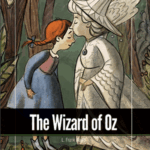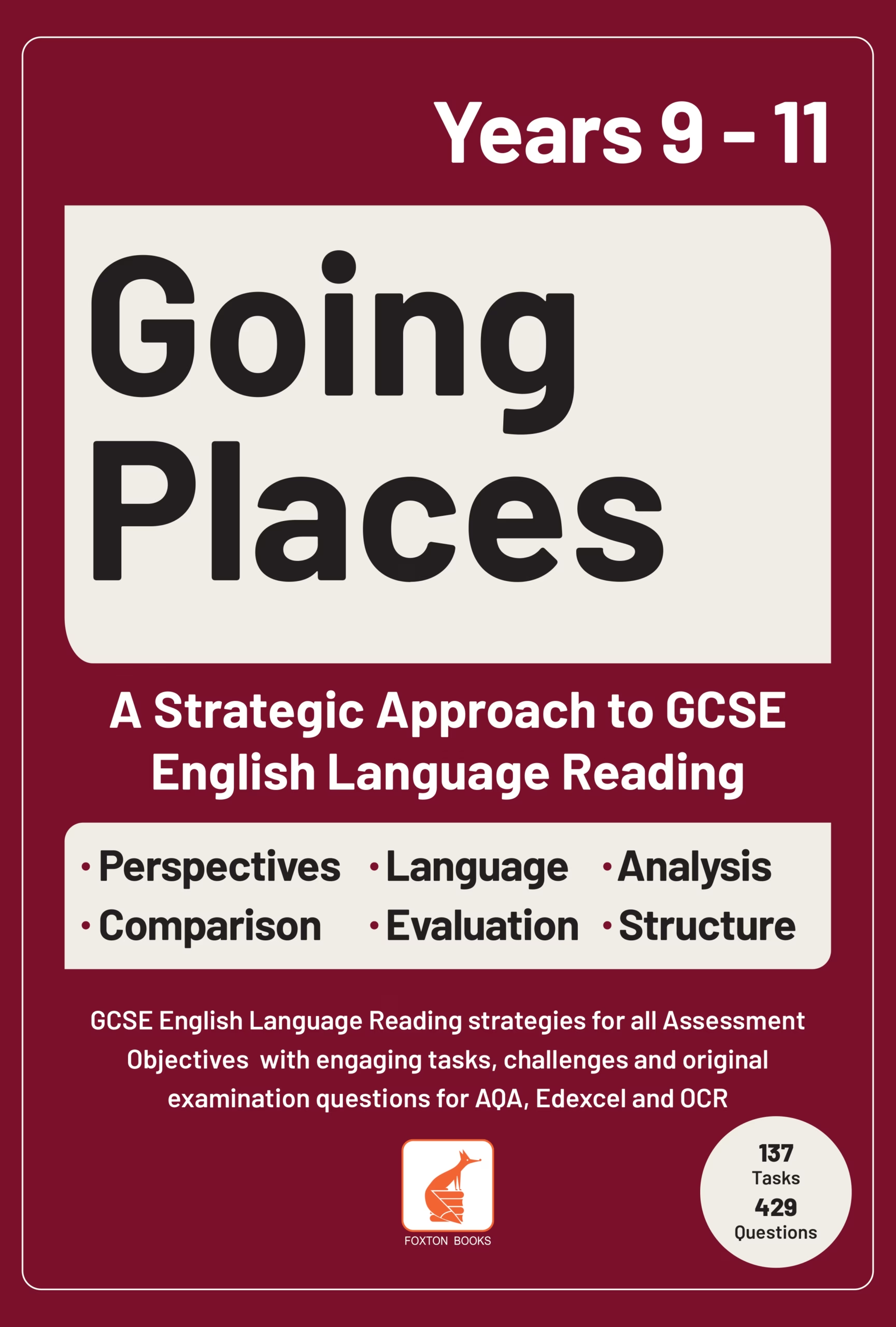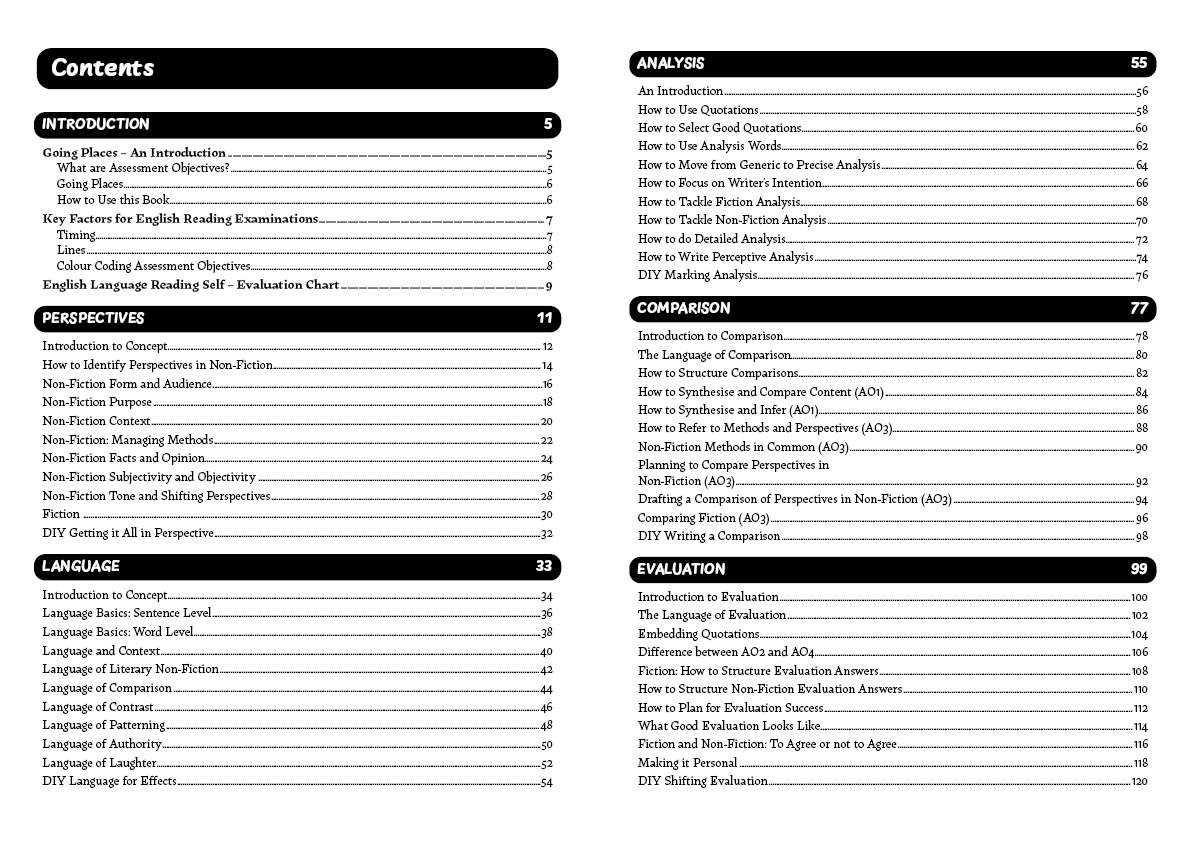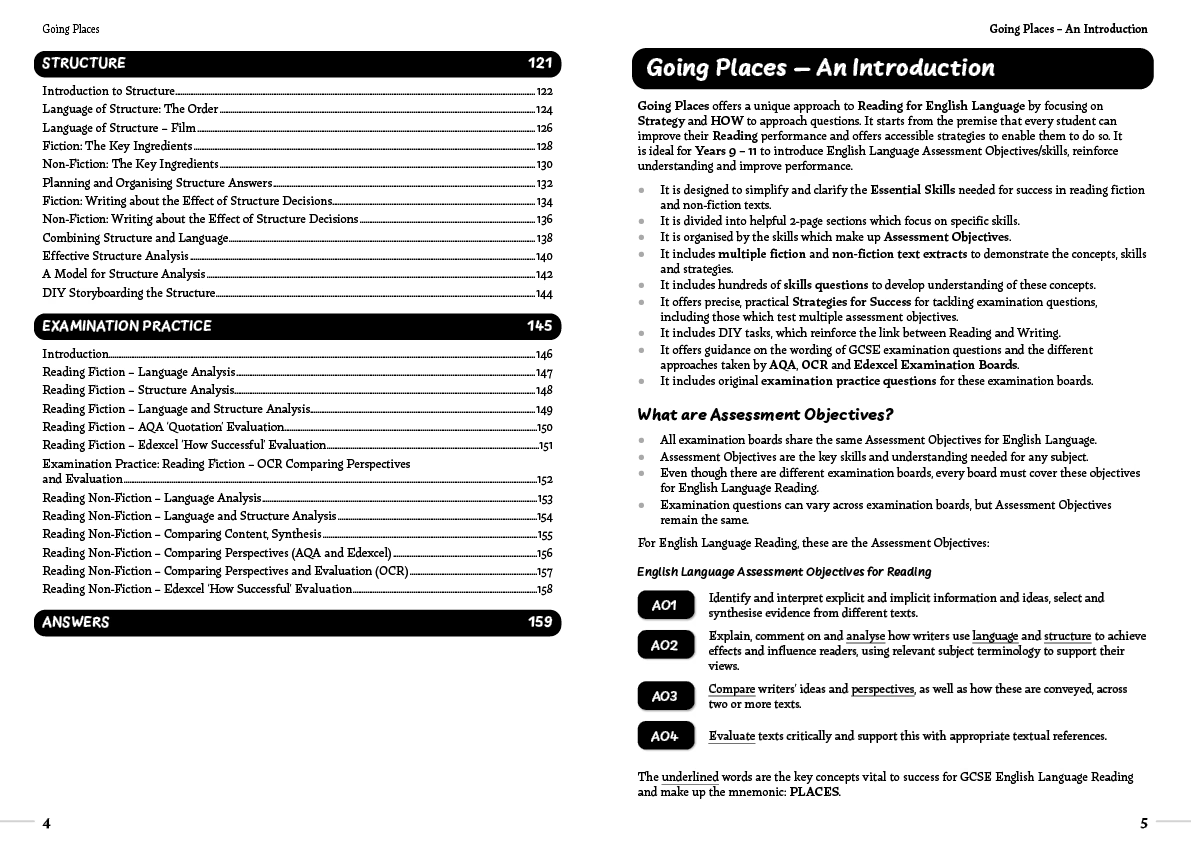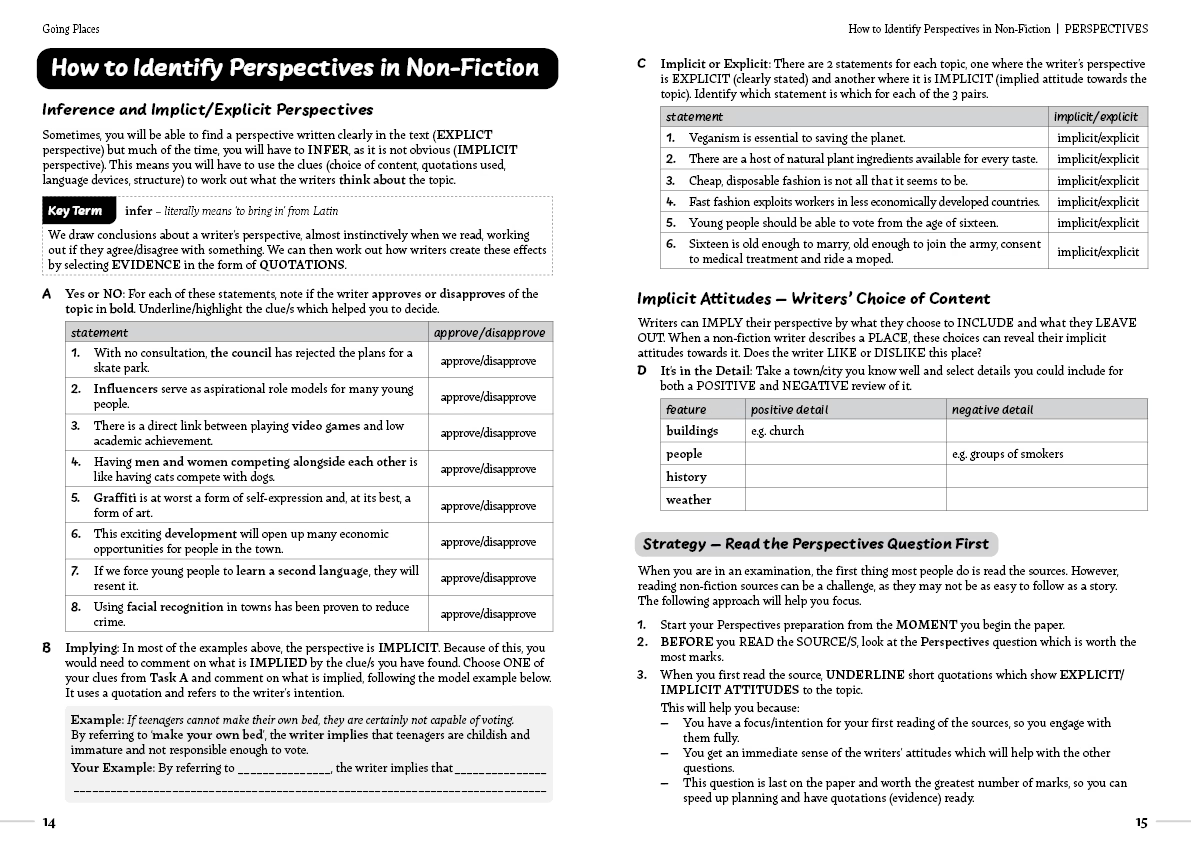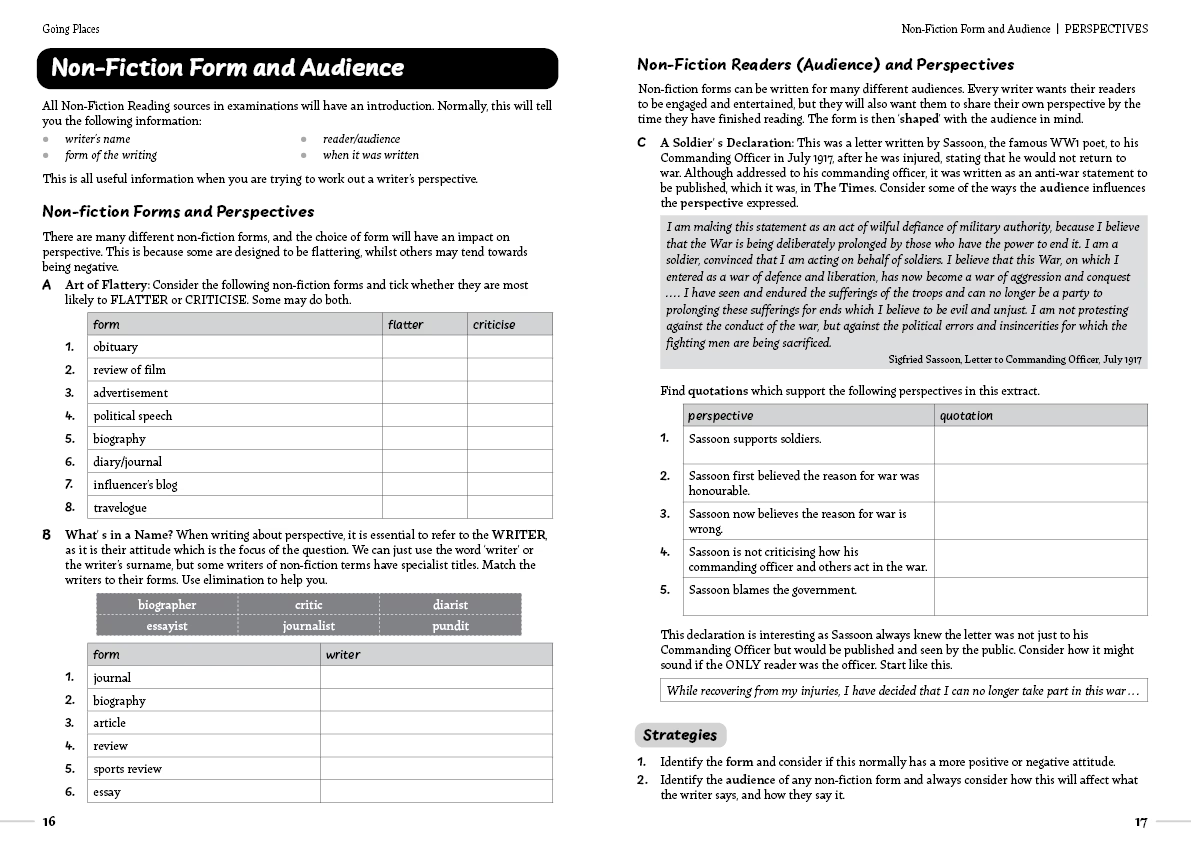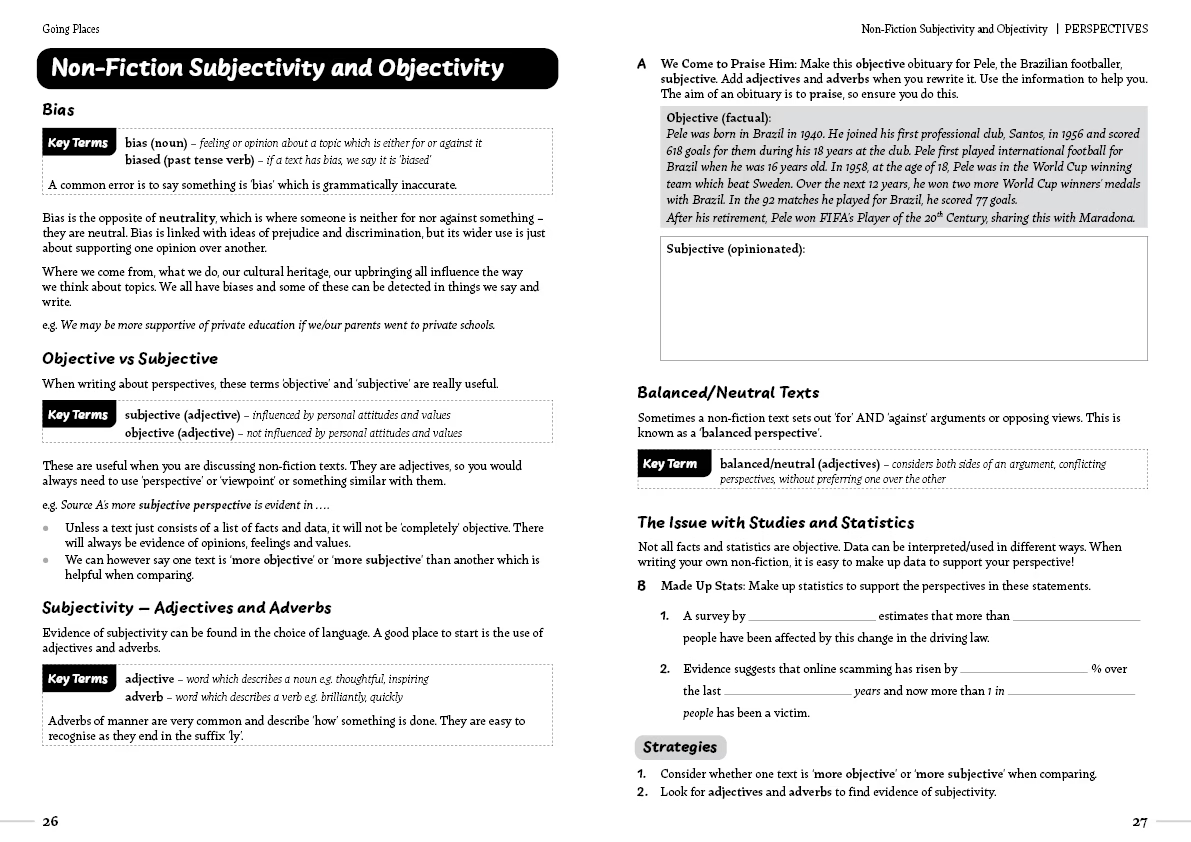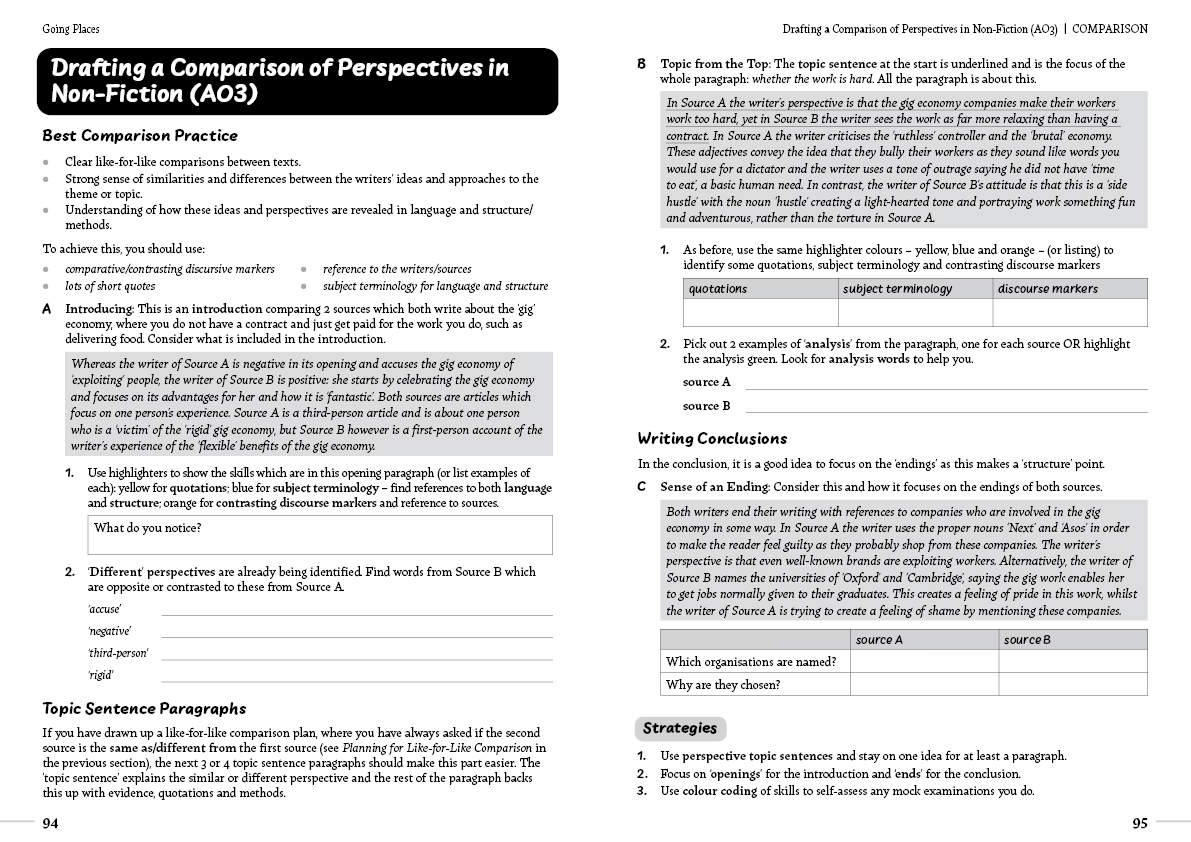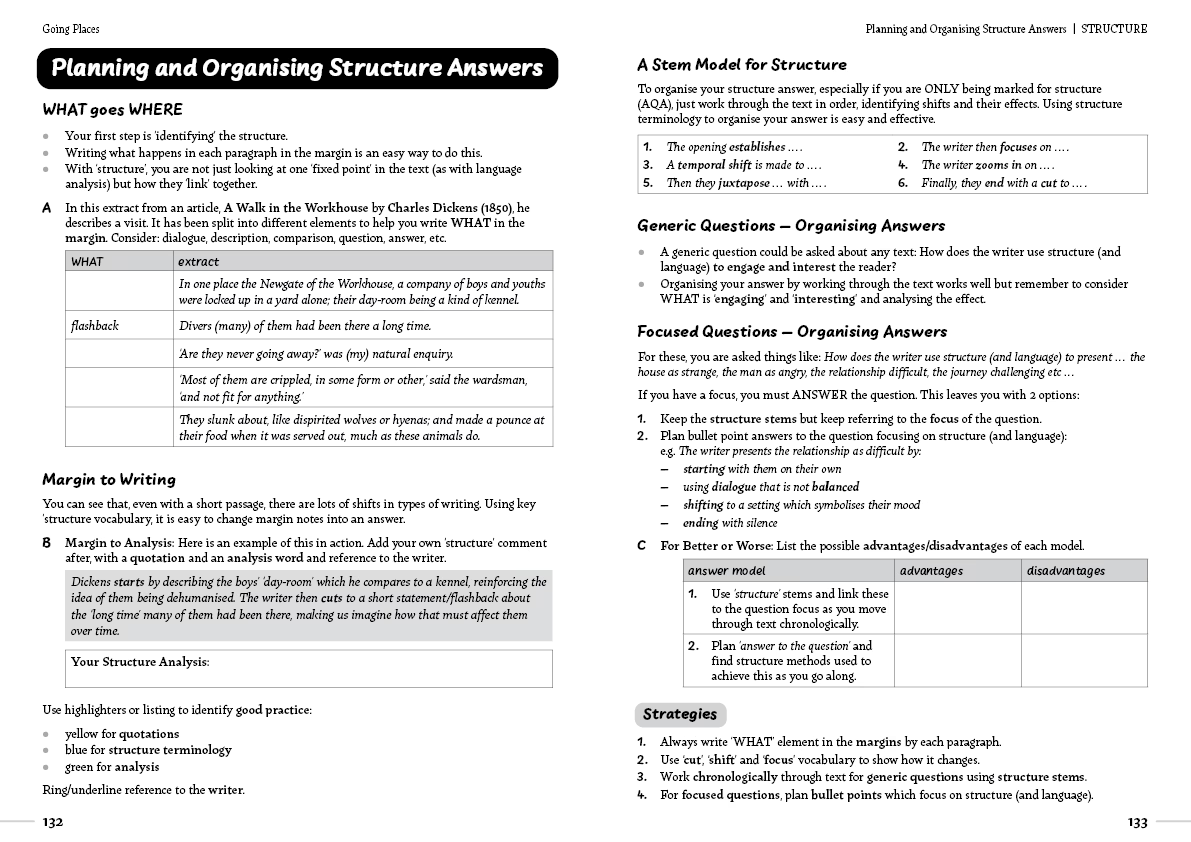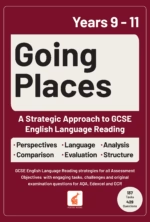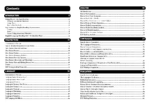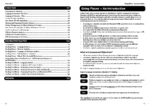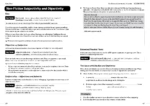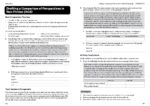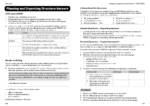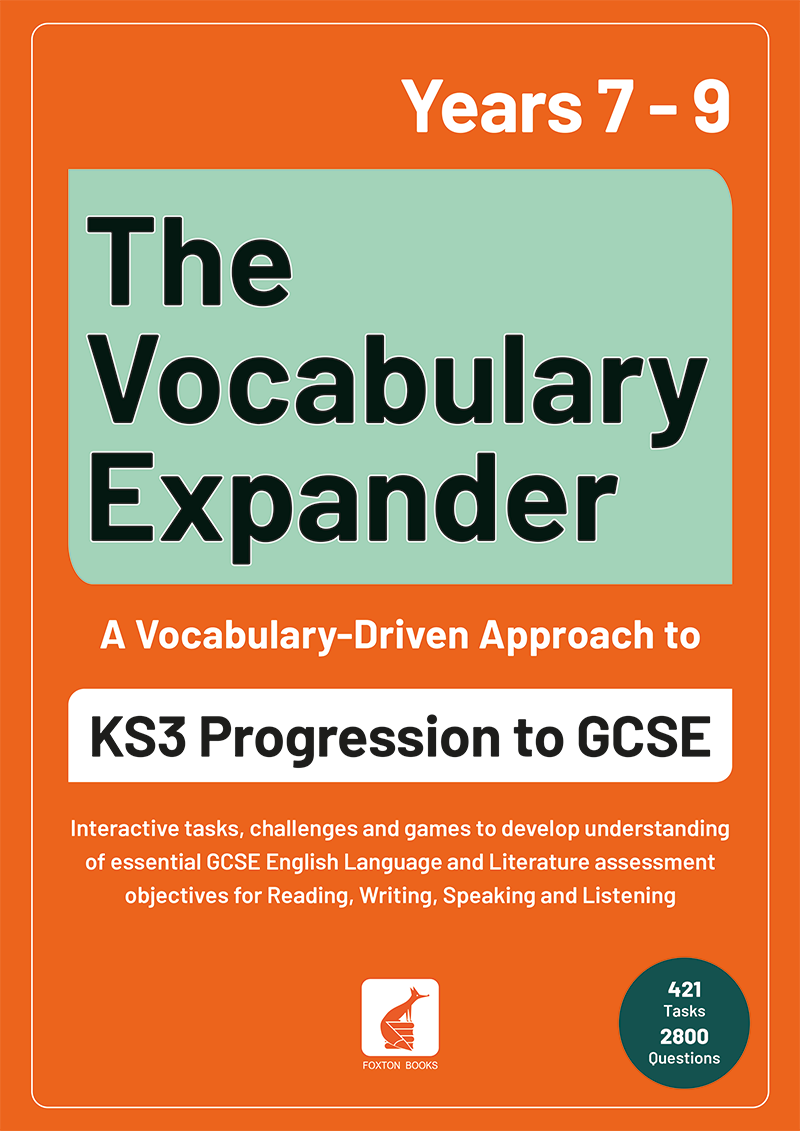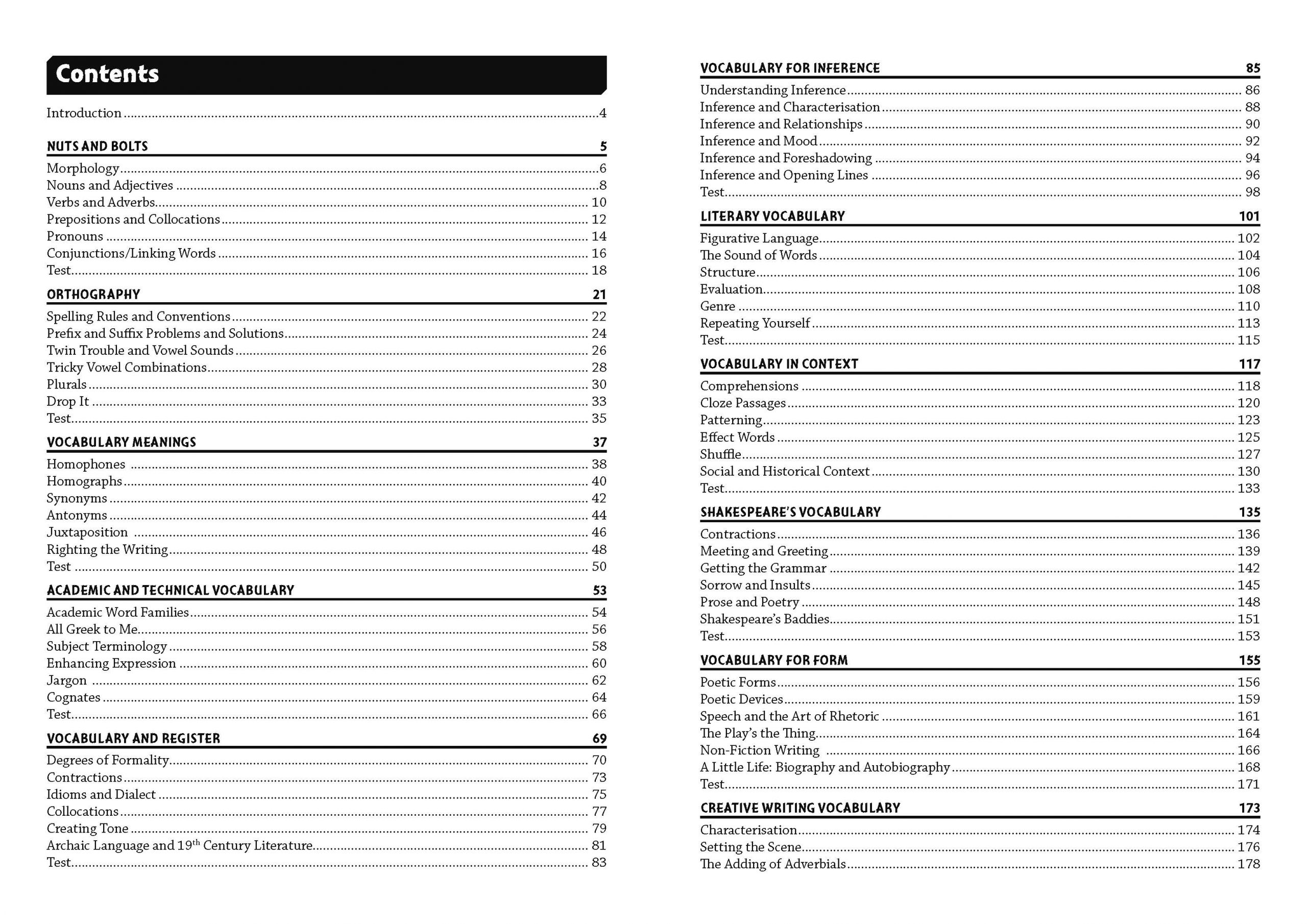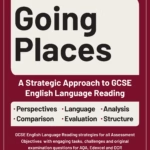Going Places offers a unique approach to GCSE Reading for English Language by focusing on Strategy and HOW to approach questions. It starts from the premise that every student can improve their Reading performance and offers accessible strategies to enable them to do so. It is ideal for Years 9 – 11 to introduce English Language Assessment Objectives/skills, reinforce understanding and improve performance.
- It is designed to simplify and clarify the Essential Skills needed for success in reading fiction and non-fiction texts.
- It is divided into helpful 2-page sections which focus on specific skills.
- It is organised by the skills which make up Assessment Objectives.
- It includes multiple fiction and non-fiction text extracts to demonstrate the concepts, skills and strategies.
- It includes hundreds of skills questions to develop understanding of these concepts.
- It offers precise, practical Strategies for Success for tackling examination questions,
including those which test multiple assessment objectives. - It includes DIY tasks, which reinforce the link between Reading and Writing.
- It offers guidance on the wording of GCSE examination questions and the different
approaches taken by AQA, OCR and Edexcel Examination Boards. - It includes original examination practice questions for these examination boards.
What are Assessment Objectives?
- All examination boards share the same Assessment Objectives for English Language.
- Assessment Objectives are the key skills and understanding needed for any subject.
- Even though there are different examination boards, every board must cover these objectives for English Language Reading.
- Examination questions can vary across examination boards, but Assessment Objectives
remain the same.
For English Language Reading, these are the Assessment Objectives:
English Language Assessment Objectives for Reading
AO1 Identify and interpret explicit and implicit information and ideas, select and synthesise evidence from different texts.
AO2 Explain, comment on and analyse how writers use language and structure to achieve
effects and influence readers, using relevant subject terminology to support their views.
AO3 Compare writers’ ideas and perspectives, as well as how these are conveyed, across two or more texts.
AO4 Evaluate texts critically and support this with appropriate textual references.
The underlined words are the key concepts vital to success for GCSE English Language Reading
and make up the mnemonic: PLACES.
P Perspectives AO3
L Language AO2
A Analysis AO2
C Comparing AO1/AO3
E Evaluation AO4
S Structure AO2
This book is organised by these key concepts:
• Perspectives • Language • Analysis
• Comparison • Evaluation • Structure
Within each section, there is a mixture of strategies, definitions and tasks to reinforce understanding of the concept and how to meet the Assessment Objective criteria when tackling
GCSE examination questions.
There will also be a consideration of how these questions could be phrased by different examination boards. It is important to consider that, even though boards may vary the phrasing of
questions, the Assessment Objectives will remain the same.
Information Retrieval is the most basic skill for Reading, so it is not covered separately. However, selecting evidence is covered in the Analysis and Comparison (Synthesis) sections.
Fiction and Non-Fiction
For English Language, there are 2 examination papers, one focusing on Fiction and the other on
Non-Fiction. Guidance on both will be included.
Links to Literature
Obviously, these Language Reading concepts overlap with Literature Assessment Objectives.
Language, Structure and Analysis sections are most obviously useful for Literature, but tips
from Comparison are equally helpful when comparing Anthology or Unseen Poems, or Modern
Texts with unseen extracts.
How to Use this Book
- Each skill is dealt with individually to focus precise attention on how to approach tasks which assess this skill.
- Sections can therefore be covered in any order, according to need.
- Assessment Objective 2 is broken down into 3 skills: Language, Structure and Analysis. This
reflects the fact that Language and Structure encompass a wide range of devices, and Analysis is a primary skill for success in English. - Comparison covers both Synthesis and Perspectives, but there is a separate section to develop prior understanding of Perspectives as it is heavily weighted.
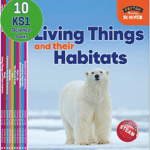 Key Stage 1 Science
Key Stage 1 Science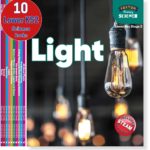 Lower Key Stage 2 Science
Lower Key Stage 2 Science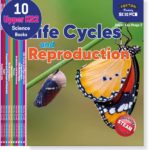 Upper Key Stage 2 Science
Upper Key Stage 2 Science
